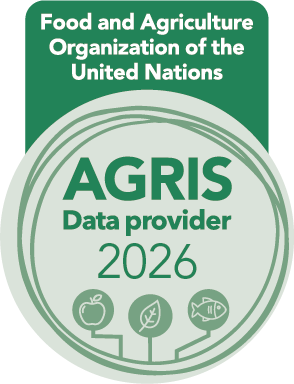Effect of Vermicast from Eudrilus Euginae on the growth and yield of loose-leaf lettuce Lactuca sativa L.
Keywords:
African nightcrawler, Earthworm, Organic fertilizer, Vermicast, VermicultureAbstract
It is essential to note that responsible consumption and production practices are crucial in achieving Sustainable Development Goal (SDG) 12 for better and more sustainable farming practices. That is the use of an organic fertilizer called vermicast. Vermicast, also called worm castings, is an incredibly effective organic fertilizer that earthworms produce. Through vermicomposting, specific species of earthworms consume organic matter and excrete waste that is then transformed into organic fertilizer. Recent research has conclusively shown that vermicast produced by the African nightcrawler earthworm species Eudrilus euginae is not only profitable for large-scale production but also results in an average yield of 5.25 tons per hectare of loose-leaf lettuce. The study has provided conclusive evidence that using vermicast significantly improves the growth of lettuce and is economically feasible based on the Estimated Cost of Return Analysis. Furthermore, vermicast has been found to substantially affect the agronomic characteristics of lettuce plants during harvest time. Given its effectiveness on vegetables and crops, it is highly recommended that further investigation be carried out to determine its potential effectiveness on other crops, fruit trees, root crops, and cereals under similar conditions




